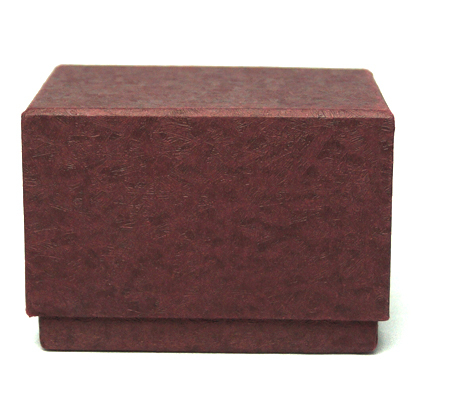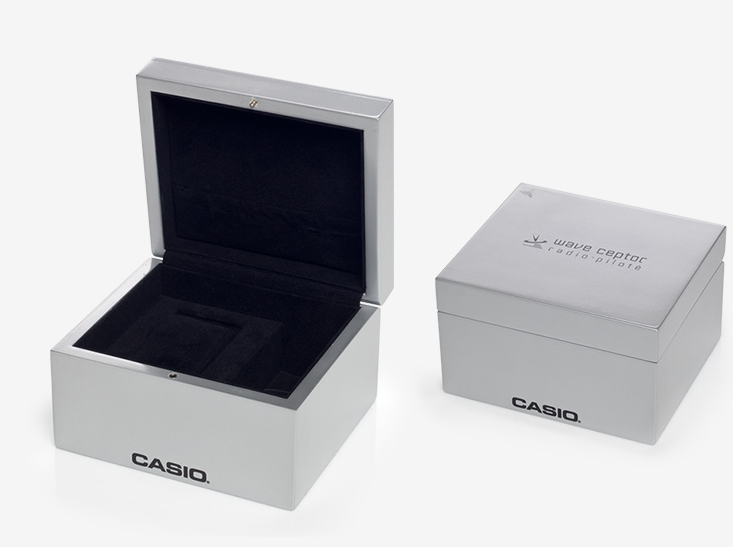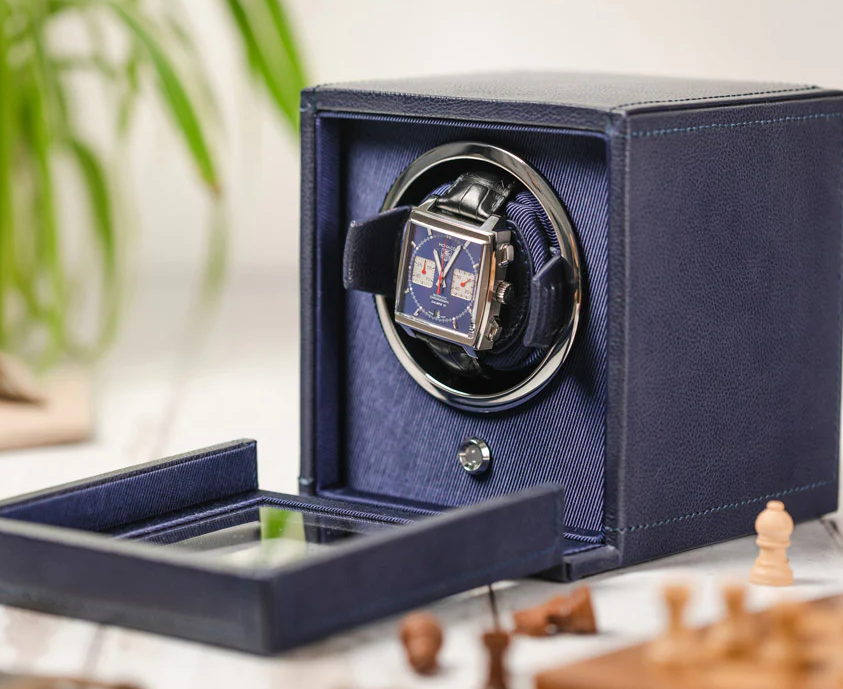Yes, a hard guitar case offers significant protection against humidity, especially when made of materials like fiberglass or polyethylene.
Table of Contents
What is Humidity?
Definition and Basics
Humidity refers to the amount of water vapor present in the air. It is typically measured in percentage, indicating the current level of moisture relative to the maximum amount of moisture the air can hold at a given temperature. In simpler terms, it describes how ‘wet’ the air feels. High humidity can make hot days feel muggier, and low humidity can make indoor air feel dry. Relative humidity is the most commonly discussed form, especially when talking about weather or indoor conditions.

How Humidity Affects Wooden Instruments
Wooden instruments like guitars are especially sensitive to changes in humidity. Wood expands when it absorbs moisture from the air and contracts when it releases moisture back into the air. These changes can impact the guitar’s structural integrity, tone, and playability. Issues that may arise include warping of the wood, fret buzzing, and in extreme cases, cracks. Both too much and too little humidity can cause damage, which is why controlling the environment of your guitar is crucial. For a deeper understanding, one might consider learning about hygroscopy, the ability of a substance to attract and hold water molecules.
Ideal Humidity Levels for Guitars
The ideal humidity level for storing guitars ranges between 45-55% relative humidity. Keeping your instrument within this range minimizes the risks mentioned above. Many musicians use hygrometers to monitor the humidity level where their guitars are stored. These devices can provide real-time information, allowing you to take action before any serious damage occurs. Some high-end guitar cases even come with built-in hygrometers for this purpose.
Types of Guitar Cases
Soft Cases (Gig Bags)
Soft cases, commonly referred to as gig bags, offer the most basic level of protection for guitars. These bags usually come with padded interiors, shoulder straps, and pockets for accessories. While they are convenient for quick trips or casual use, they provide minimal protection against humidity, impact, and temperature changes. If you’re a musician who travels frequently but doesn’t require heavy-duty protection, a gig bag might suffice. You can learn more about the materials often used in gig bags like Nylon to better understand their level of protection.
Hard Cases
Hard cases offer substantial protection against external factors including impact, temperature, and importantly, humidity. These cases feature a hard shell made from materials like wood, polyethylene, or fiberglass, along with plush or foam interiors for cushioning. Many hard cases also come with locks and weather-resistant seals. If you own an expensive guitar or find yourself frequently traveling for gigs, investing in a hard case is generally advised. To get an idea of the level of protection offered, you can explore the specifics of materials like polyethylene.
Hybrid Cases
Hybrid cases aim to combine the portability of gig bags with the protective features of hard cases. They often have a rigid foam structure covered with fabric, making them lighter than traditional hard cases but more protective than gig bags. While they offer a middle-ground solution, hybrid cases might not be the best choice for extreme conditions, including severe humidity changes. Learn more about the concept of hybrid solutions in general through Wikipedia.
Flight Cases
Designed specifically for air travel, flight cases are the ultimate in guitar protection. They are often made from ultra-strong materials like ATA-rated plastics and come equipped with TSA-approved locks. These cases are engineered to withstand the rigors of baggage handling and dramatic changes in altitude and pressure, providing maximum protection against humidity and other environmental factors. To appreciate their robustness, you might want to read up on ATA cases, a standard in flight cases.
Materials Used in Hard Guitar Cases
Wood
Wooden hard cases are traditional and widely popular for their aesthetic appeal. They typically have a plywood core covered with a layer of tolex or tweed for additional durability and style. The interior often features plush lining to cushion the guitar. However, wooden cases can absorb moisture, which makes them less effective for humidity control. Still, they offer decent impact protection. If you’re interested in the kinds of woods commonly used, you may want to read about plywood and its properties.
Fiberglass
Fiberglass cases are lighter than wooden cases and offer a higher level of moisture resistance. They are more rigid and can provide excellent protection against both impact and environmental factors, including humidity. Fiberglass cases usually have a snug-fitting plush or foam interior that offers additional humidity control. Fiberglass is a material that offers both strength and lightness, making it a popular choice for those who travel frequently with their instruments.
Polyethylene
Polyethylene cases are made from high-density plastic materials that are exceptionally durable. These cases are often used for flight or heavy-duty applications and provide superb protection against both impact and humidity. The plastic shell does not absorb moisture, making it an excellent choice for humid environments. The science behind polyethylene can help you understand why it excels in protection.
How Materials Influence Humidity Control
The material of your hard case significantly influences its ability to control humidity. While wooden cases can absorb moisture, thus failing to provide effective humidity control, both fiberglass and polyethylene cases offer superior moisture resistance. They often come with weather-resistant seals and sometimes even built-in hygrometers to help you monitor the environment inside the case. If you want to go more in-depth into how materials interact with humidity, you can explore the concept of hygroscopy.
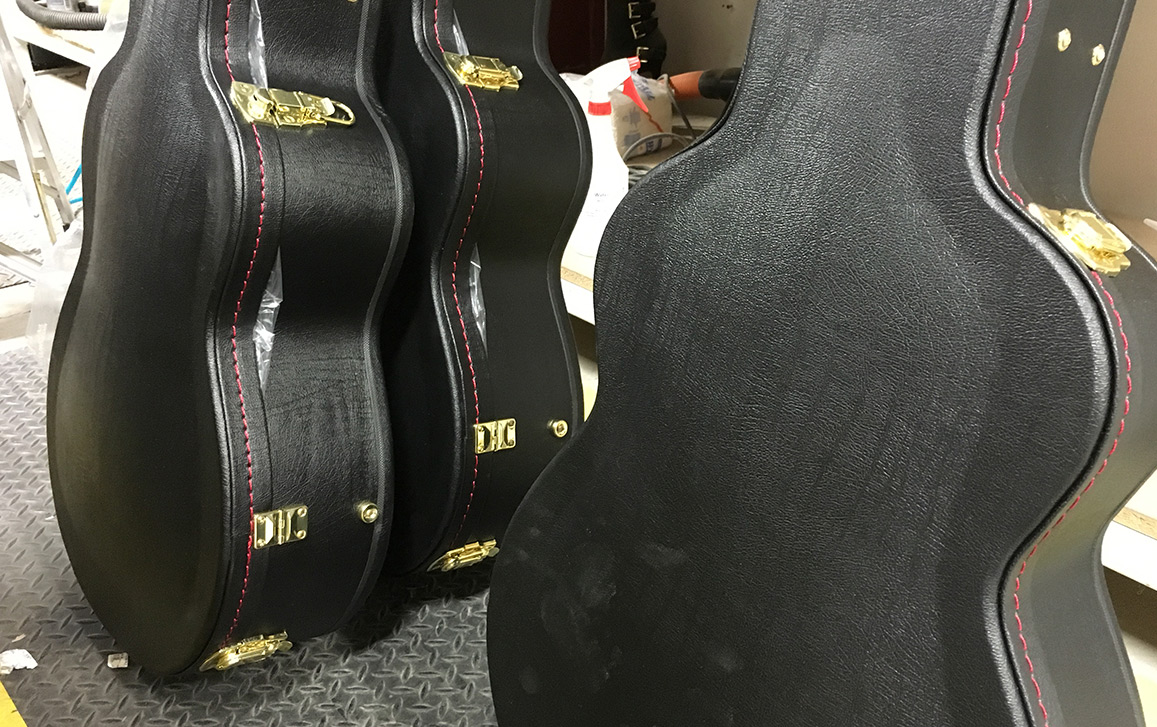
The Science of Humidity Control in Hard Cases
Sealing Mechanisms
Sealing mechanisms in hard cases are vital for providing an effective barrier against humidity. These seals are often made of rubber or silicone and are designed to keep the case airtight, thereby reducing the chances of moisture entering or exiting. Effective seals help maintain a stable environment inside the case, which is critical for preserving the integrity of the guitar. For more information on how seals work, you may want to explore the topic of gaskets, which function similarly.
Built-in Hygrometers
Some advanced hard cases come equipped with built-in hygrometers that allow you to monitor the humidity levels within the case in real-time. A hygrometer is an instrument used to measure the amount of humidity and water vapor in the atmosphere. Having this tool built into the case offers you the convenience of always knowing the current conditions your guitar is subjected to, allowing you to take immediate action if the humidity falls outside the ideal range.
Internal Lining Materials
The internal lining materials of a hard case also play a significant role in controlling humidity. Plush, foam, and even some specially designed synthetic materials can either absorb or release moisture, thus helping to regulate humidity levels within the case. Some musicians prefer cases with humidity-absorbing linings, especially those who live in particularly humid areas. To delve deeper into how these materials interact with moisture, the concept of water absorption is worth exploring.
Additional Protective Measures
Humidity Packs
Humidity packs are small, portable packets containing a substance that can either absorb or release moisture to maintain a specified humidity level. These packs are a convenient way to ensure a stable environment inside your guitar case. They come in different types tailored to maintain various humidity levels, so you can choose the one that best suits your needs. If you’re interested in how these packs work, humidity indicator cards are an adjacent technology you might want to explore.
Silica Gel Desiccants
Silica gel desiccants are small packets filled with silica beads designed to absorb excess moisture. These packets are often included in the packaging of various moisture-sensitive products and can also be useful in a guitar case. Silica gel desiccants are particularly helpful if you live in a humid environment, as they actively absorb moisture, helping to keep your guitar dry. For more on how these work, you can read about desiccants and their general use in controlling humidity.
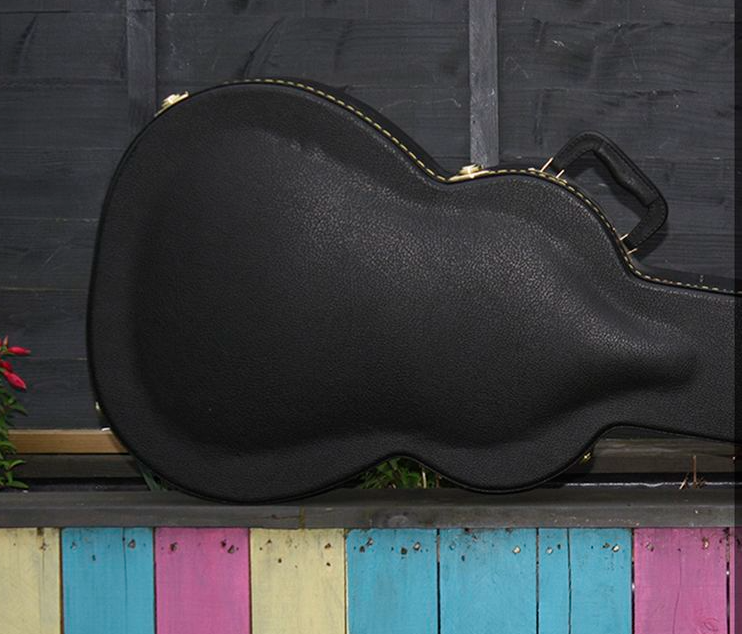
Case Humidifiers
Case humidifiers go beyond just maintaining existing moisture levels; they actively release moisture to prevent the air inside the guitar case from becoming too dry. These devices are especially important in arid climates or during winter when indoor heating can significantly reduce humidity. Some case humidifiers are designed to attach inside the guitar case, while others are separate devices you can place within the case. To get a better idea of how humidifiers work, you may want to look at humidifiers in general.


